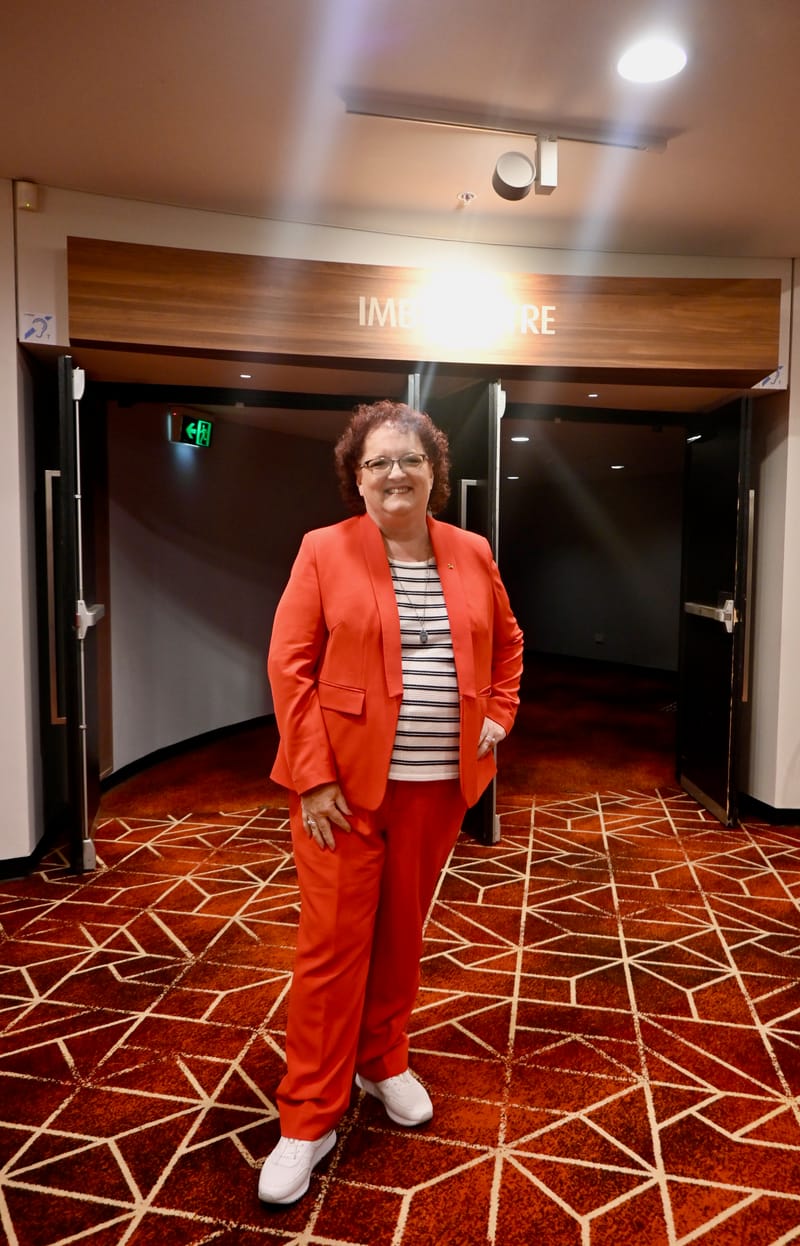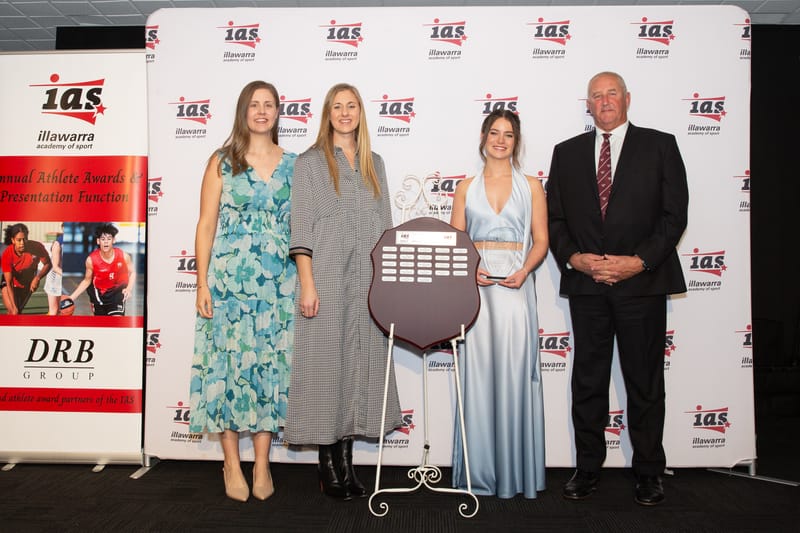Let's Talk about communication disorders
A parent should seek help as soon as they notice that their child is having difficulties communicating in one or more of the areas mentioned above. If you are not sure if your child is reaching their communication milestones then you can have a look...

As every child reaches certain milestones at different times, it can be confusing for parents to know when there may be an issue.
We interviewed Briana McMillan, a certified practising speech pathologist and the clinic director of Let’s Talk Intervention Services, to discuss communication disorders in our little ones.
Tell us about Let's Talk.
Let’s Talk is a private speech pathology clinic located on Kembla Street, Wollongong. Let’s Talk Intervention Services provides a range of services for children, teenagers and young adults who have a range of difficulties and/or communication disorders. Our Speech Pathologists are able to provide comprehensive assessment, diagnosis and intervention for all of your communication needs.
What treatments do you offer?
A speech pathologist studies, diagnoses and treats communication disorders, including difficulties with speaking, listening, understanding language, reading, writing, social skills, stuttering and using voice.
They work with people who have difficulty communicating for a variety of reasons, such as developmental delays, learning disability, and intellectual disability. At Let’s Talk, our speech pathologists are able to provide family-centred, evidence-based intervention for all of your communication difficulties.
These may include (but are not limited to) the following difficulties:
- Expressive Language (forming meaningful and grammatically correct sentences when speaking and writing)
- Receptive Language (Understanding and Comprehension)
- Speech Sound Disorders, Phonological Disorders and Childhood Apraxia of Speech (CAS)
- Stuttering
- Augmentative and Alternative Communication (AAC)
- Literacy
- Social Communication/ Pragmatics
- Autism Spectrum Disorder
- Developmental Delays and Genetic Disorders
- Specific Learning Disorders (Dyslexia and Dysgraphia)
What are the most common disorders?
Difficulties with communication are a lot more common than you might think. For example, it is estimated that around 20% of four-year olds have difficulties using and understanding language. Sometimes these difficulties may be due to a known cause (such as a medical condition), however, often the cause is unknown.
If you have concerns about your child’s communication development then you should speak to a speech pathologist who can determine if these difficulties are considered ‘age appropriate’.
Can you outline signs/symptoms of communication difficulties?
These can be in a number of different communication domains and can also co-exist. These include:
- Speech: involves saying the sounds in words so that people can understand what is being said. For example, a child might say "car" as “tar”
- Language: involves the exchange of ideas using words, usually in spoken or written form. For example, a child who has trouble understanding and following instructions or using the correct grammar within a sentence.
- Literacy: involves reading, understanding what is read and communicating in written form.
- Social Communication: is how we communicate and involves interpreting the context of a conversation and understanding non-verbal information
- Fluency: commonly known as stuttering. An individual who stutters may repeat sounds, words or phrases or may also get ‘stuck’ when communicating.
What age should you seek help?
A parent should seek help as soon as they notice that their child is having difficulties communicating in one or more of the areas mentioned above. If you are not sure if your child is reaching their communication milestones then you can have a look at this resource developed by Speech Pathology Australia (SPA).
Who should you go to if you have concerns about your child?
As waitlists can be quite lengthy, it is recommended that parents place their child’s name down on a waitlist as soon as they have any concerns about their child’s communication development. You can find a speech pathologist on this page.
You can also speak to you GP, who may refer you for a hearing test or may also be able to provide you with some Medicare rebates. You may also wish to contact the Kids Cottage in Warilla, where you may be able to access some services through the public health system.
If you are ever in doubt, please contact a speech pathologist for an assessment as soon as possible. Even a mild communication impairment can have serious impacts on a child’s everyday life (such as their ability to speak in class, make friends or order a meal at a restaurant). Early intervention is key to reducing and/or preventing the lifelong implications of communication difficulties.
For more information, please email admin@lets-talk.com.au or call Briana on 0444 519 760.





